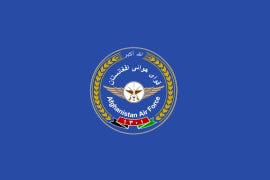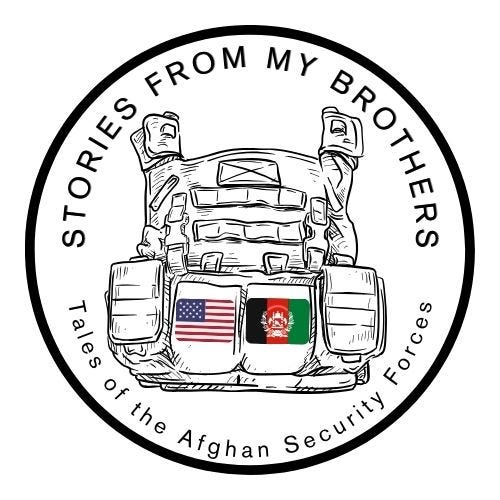(GCV Note: You can find Colonel (AAF) Khial Shinwari’s previous posts here and here)
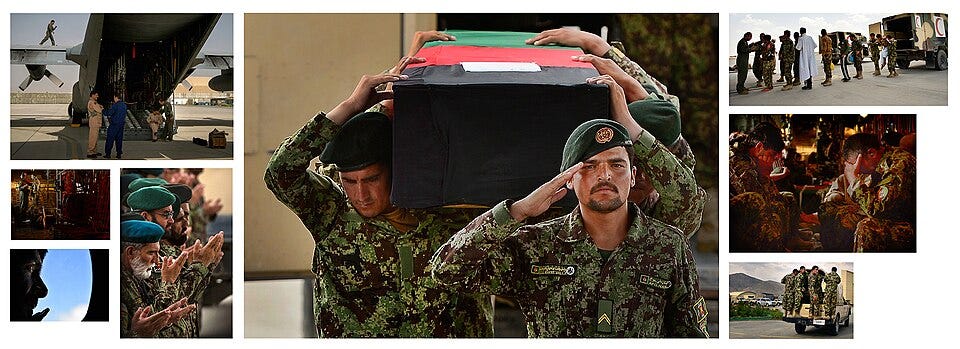
The call came again.
I stood outside the Afghan Air Force commander’s office, staring at the floor, the weight of the previous night still pressing on my shoulders. My uniform was damp with sweat, and my body ached from exhaustion, but there was no time to rest. The city was unraveling. Everyone knew it. Kabul was holding on by a thread, yet here we were—still flying, still fighting to bring our soldiers home.
The commander exhaled before speaking, his voice low and heavy. “Shinwari,” he said, “do you know why the Afghan Air Force has never faltered? Because we don’t hesitate. We never leave our brothers behind.”
I already knew what he was about to ask.
“Today, a charter flight was dispatched to evacuate the remaining soldiers in Kandahar. It flew once but never returned. The soldiers are still there, trapped. Their only hope is, first, God, and second, the Air Force.”
He didn’t need to say anything more.
“I’m going,” I said before he could ask.
The commander studied me briefly, his eyes dark with a mix of gratitude and worry. He understood the significance of this mission. We all did. The Taliban had tightened their grip on the south, and Kandahar was nearly lost. If we didn’t reach those men tonight, we never would.
But to me, this wasn’t just another mission.
These were our soldiers, our brothers. I had trained with them and fought alongside them. I had seen their faces as they boarded flights home to their families, with their children running to meet them at the gates. And now, those same men were stranded, waiting for someone to bring them back.
I wasn’t about to let them down.
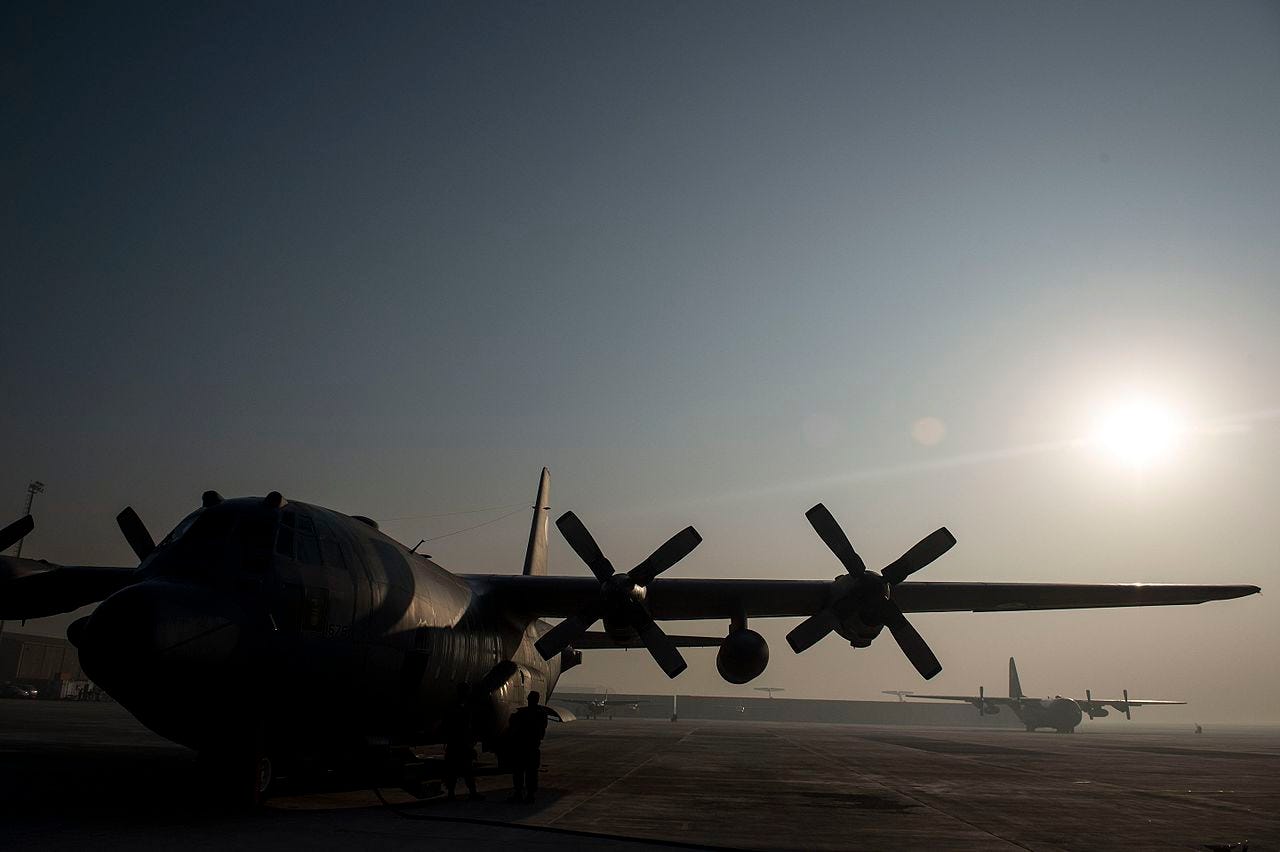
At 9:00 PM, our crew moved toward the aircraft, each of us quiet, lost in thought. We weren’t just carrying cargo—we were carrying the lives of men who had spent the last days trapped in a city that no longer belonged to them. We loaded a pallet of drinking water and a few boxes of MREs—barely enough, but something. The Taliban had cut off their supplies, trying to break them with hunger and thirst. But they didn’t understand these men. You couldn’t break men like this.
The night sky over Kandahar was alive with gunfire again—tracers streaking through the darkness, bright as lightning and deadly as vipers. I glanced at my crew. No one flinched, and no one spoke. Fear had no place in the cockpit tonight.
We were the only aircraft flying over Kandahar Airfield.
No one else would dare.
But we had already decided—no matter what happened, we were bringing our soldiers home.
We had been told there was air support, but there had been no radio contact. Then, as I glanced at the TCAS, I saw them—circling above us, unseen but present—friendly aircraft—silent guardians in the night sky.
We taxied the aircraft in a complete 360-degree turn—a signal to the men still on the ground. We’re here. Get ready to leave.
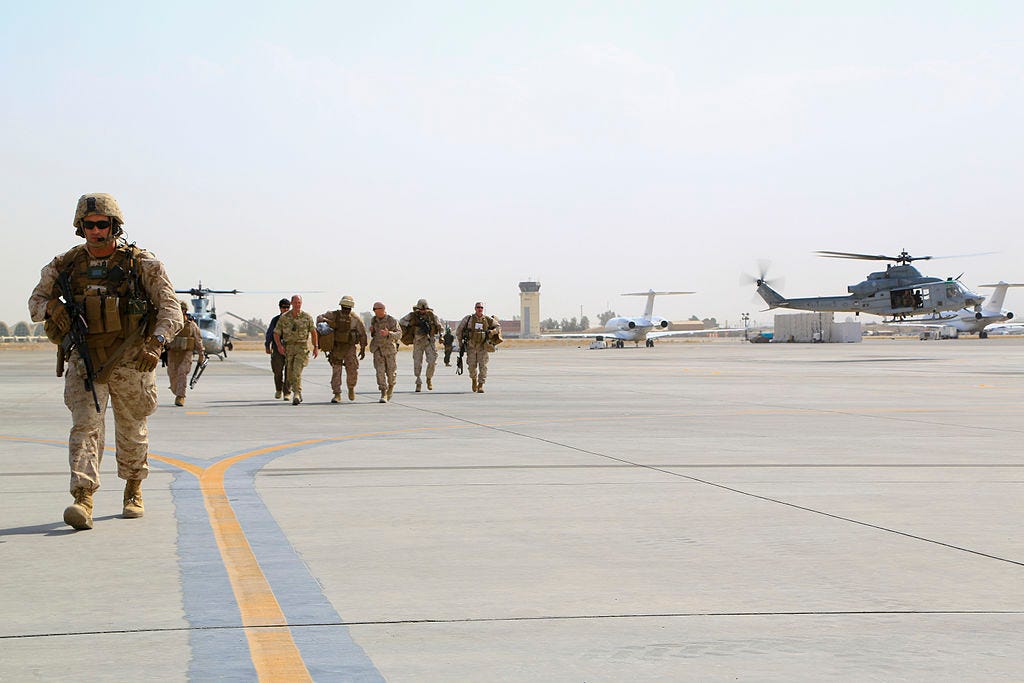
But the Kandahar we landed in was not the same Kandahar I had seen the night before. The taxiways were scarred with craters and littered with debris. We would later learn that after the earlier charter flight, the Taliban had used mortar, grenade launchers, and RPGs, trying to make it unusable.
That’s why the charter hadn’t come back.
But the Air Force?
We didn’t care
As soon as we opened the ramp, the waiting soldiers sprinted toward us, their faces etched with exhaustion but their eyes burning with something else—hope. One soldier, his uniform torn and dragging his rifle behind him from fatigue, turned to me while I stood on the stairs between the cockpit and the loading area as he stepped into the aircraft.
“Sir,” he said, his voice steady despite everything, “somehow, I knew you were coming for us. I could feel it in my gut.”
I felt something tighten in my chest.
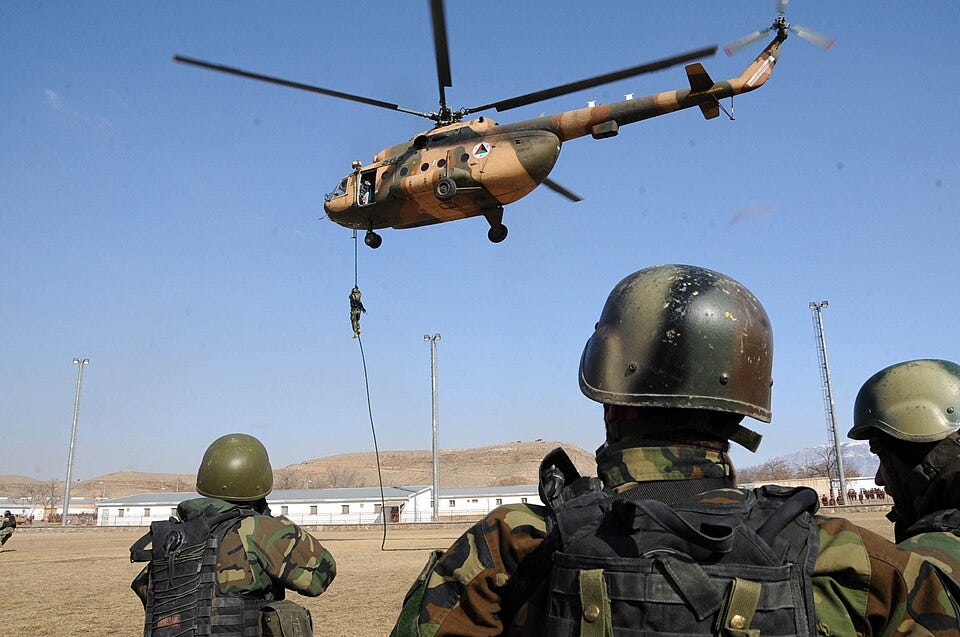
We divided the group into two groups—one aircraft for the Commandos and the other for the National Strike Units (NSU). No one was left behind. No one was forgotten. It didn’t matter which unit they belonged to. Tonight, there was no difference among them. They were all Afghan soldiers. They all deserved to go home.
That night, both aircraft flew three trips each.
But on my third run, disaster struck.
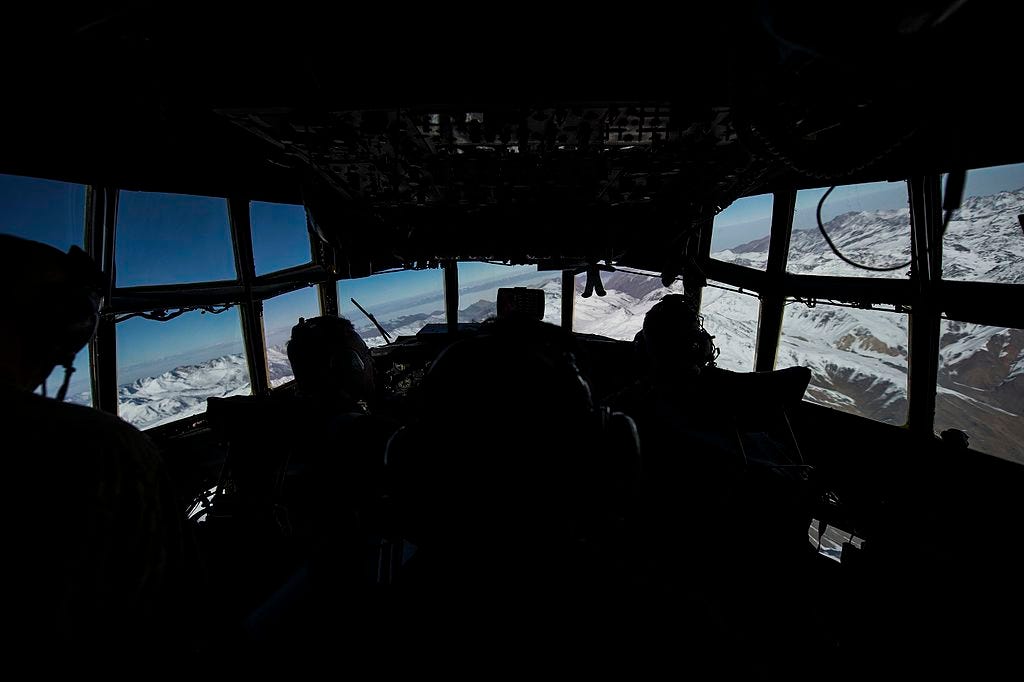
A sudden vibration. A violent jolt. Warning lights flashing.
One of our engines had failed. A small arms bullet hit the engine, shearing a shaft.
I clenched my teeth. We couldn’t risk another flight. If we pushed our luck, we wouldn’t return to Kabul. The decision weighed heavily on me, but there was no choice.
We had to shut down the engine and return to Kabul.
And with that, 130 heroes were left behind.
The weight of that number still lingers in my heart.
I remember their faces as we took off. I remember the way they watched us leave, standing in the open, the roar of our engines fading behind them. I wonder how many of them made it out. I wonder how many were captured, how many fought to the last bullet, how many prayed for one more plane that never arrived.
That was the last evacuation flight before Kabul fell.
But even then, the C-130 crew didn’t stop. We didn’t stop. There were still lives to save. Duty didn’t end when the city burned.
Because the Air Force never hesitated!
The next part is about the fall of Kabul. Despite the president fleeing and the country collapsing around us, we—the soldiers—did not forget our oath to our homeland and our people. Even as everything crumbled, our duty remained.
For more clarifying information, please see below:



